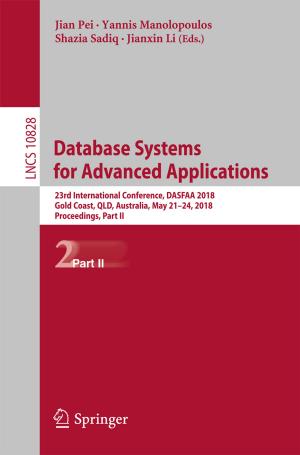Islamic Finance, Risk-Sharing and Macroeconomic Stability
Business & Finance, Industries & Professions, Insurance, Finance & Investing, Banks & Banking| Author: | ISBN: | 9783030052256 | |
| Publisher: | Springer International Publishing | Publication: | April 9, 2019 |
| Imprint: | Palgrave Macmillan | Language: | English |
| Author: | |
| ISBN: | 9783030052256 |
| Publisher: | Springer International Publishing |
| Publication: | April 9, 2019 |
| Imprint: | Palgrave Macmillan |
| Language: | English |
The concept of risk-sharing in financial and social contracts is one of the unique features of Islamic finance. Many theoretical studies generally claim superiority of an Islamic financial system based on pure equity and participatory modes of financing, while empirical studies provide mixed results. Studies and discussions are needed to fully understand how Islamic finance could contribute to the ongoing discussion of financial stability. Against this background, this book addresses various aspects of Islamic finance and the risk-sharing mechanism contributions to the overall macroeconomic and financial stability. Undoubtedly, the findings and recommendation from this book should be of great interest not only to future academic researchers in the field of macroeconomic stability and Islamic finance, but also to policy makers and regulators who are keen on drawing lessons from Islamic finance experiences to prevent similar crisis in the future.
The concept of risk-sharing in financial and social contracts is one of the unique features of Islamic finance. Many theoretical studies generally claim superiority of an Islamic financial system based on pure equity and participatory modes of financing, while empirical studies provide mixed results. Studies and discussions are needed to fully understand how Islamic finance could contribute to the ongoing discussion of financial stability. Against this background, this book addresses various aspects of Islamic finance and the risk-sharing mechanism contributions to the overall macroeconomic and financial stability. Undoubtedly, the findings and recommendation from this book should be of great interest not only to future academic researchers in the field of macroeconomic stability and Islamic finance, but also to policy makers and regulators who are keen on drawing lessons from Islamic finance experiences to prevent similar crisis in the future.















